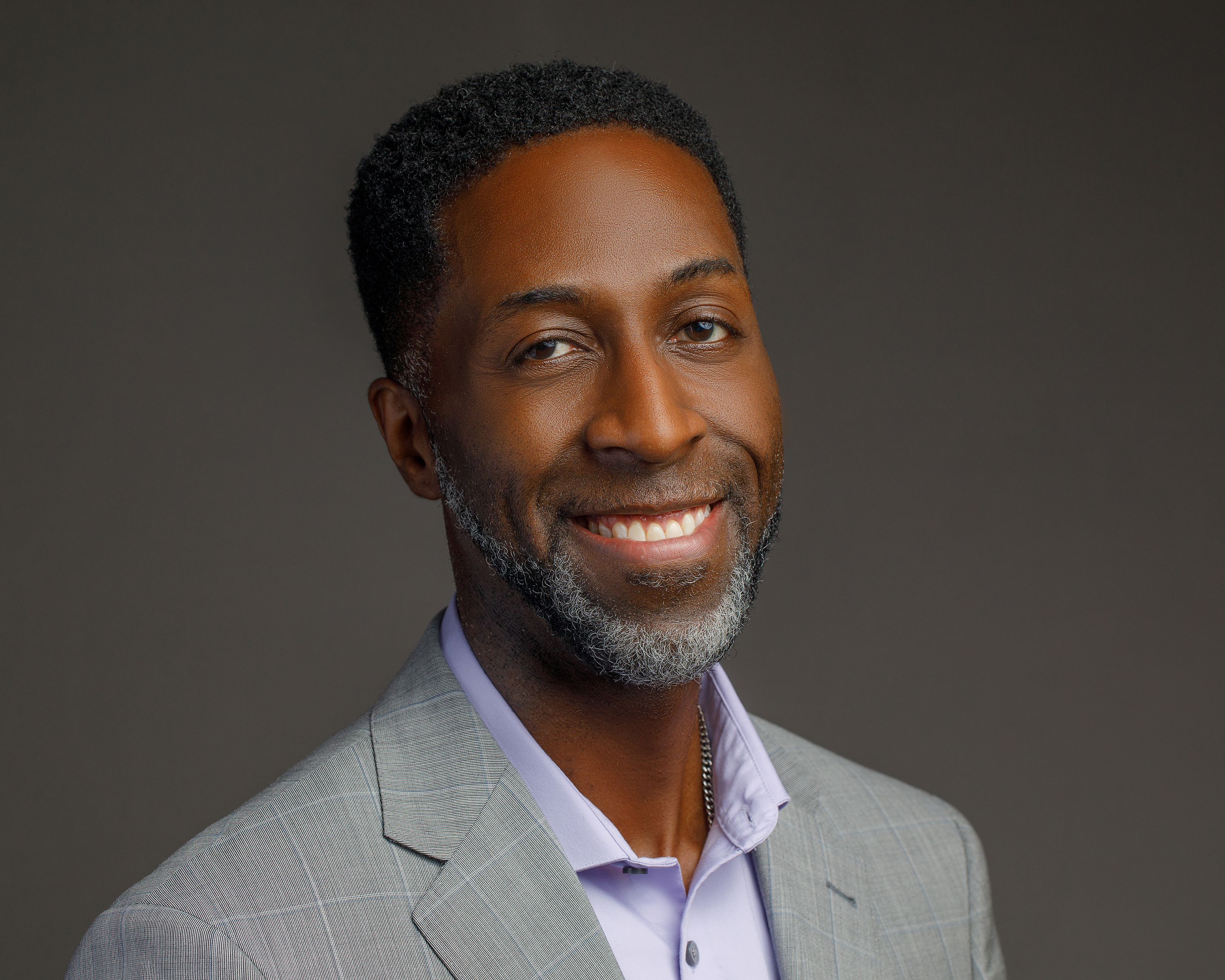Introducing Nii Addy, PhD, of the Department of Cellular & Molecular Physiology and Department of Psychiatry.
What does diversity, equity, and inclusion mean to you personally?
I believe that there’s beauty in diversity. With our diverse backgrounds, there are many different ways each of us experience the environments and spaces where we live and work. There are both opportunities and challenges that arise when someone is one of the only or few of a particular background in an environment. Sometimes, people’s experiences are positive and enriching. Other times, the experiences are challenging due to barriers (whether intentional or unintentional), biases, discrimination, or mistreatment. In my personal experience, I’m grateful for many people who have acknowledged the importance of these factors in my academic and life journey. Beyond acknowledgment, people have taken steps to better facilitate equitable access, and to sponsor and support me in my efforts. My personal goal is to also invest in efforts towards diversity, equity and inclusion for others. The research evidence shows the benefits of working in diverse environments. Diverse groups have more innovation and often achieve better outcomes, with broader perspectives and insights. Our efforts need to be intentional, strategic, and based on best practices, if we’re to truly achieve the goal of fostering a diverse, inclusive, and equitable environment.
Why do you value diversity?
I consider myself a lifelong learner, as a scientist. But this learning mindset also extends to how I approach my various leadership roles. My learning greatly benefits from my interaction and engagement with people from diverse backgrounds, perspectives, and life experiences. In these environments, it’s more likely I’ll be exposed to important ideas that I hadn’t previously considered. Working in these diverse environments enhances and enriches my perspective in my day-to-day work. This is critically important for me as a scientist, mentor, sponsor, leader and mental health advocate.
Why should an academic setting be equal and inclusive?
If our academic settings are truly equitable and inclusive, then we’ll create space for those from various backgrounds to more fully contribute in ways that will benefit the entire academic community. It will help ensure that the education, research, and clinical care that we provide is applicable to the communities that we serve, and to society more broadly.
The Department of Internal Medicine’s Office of Diversity, Equity and Inclusion in Internal Medicine knows that diversity, equity, and inclusion is critical to our mission; that providing a safe, welcoming environment for people of all backgrounds results in beneficial diversity of thought; and believes that having a diverse team enhances our ability to provide excellent clinical care, research, and medical education.
